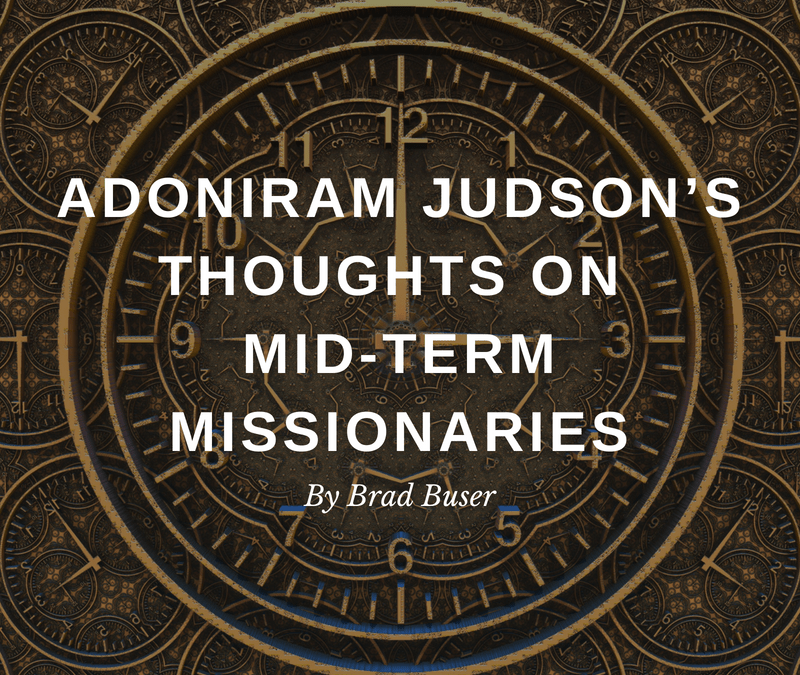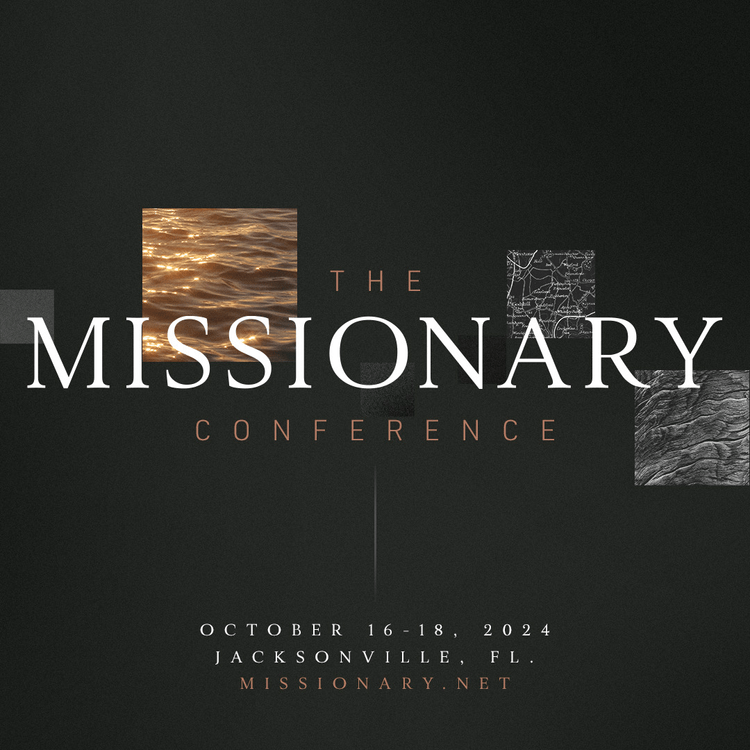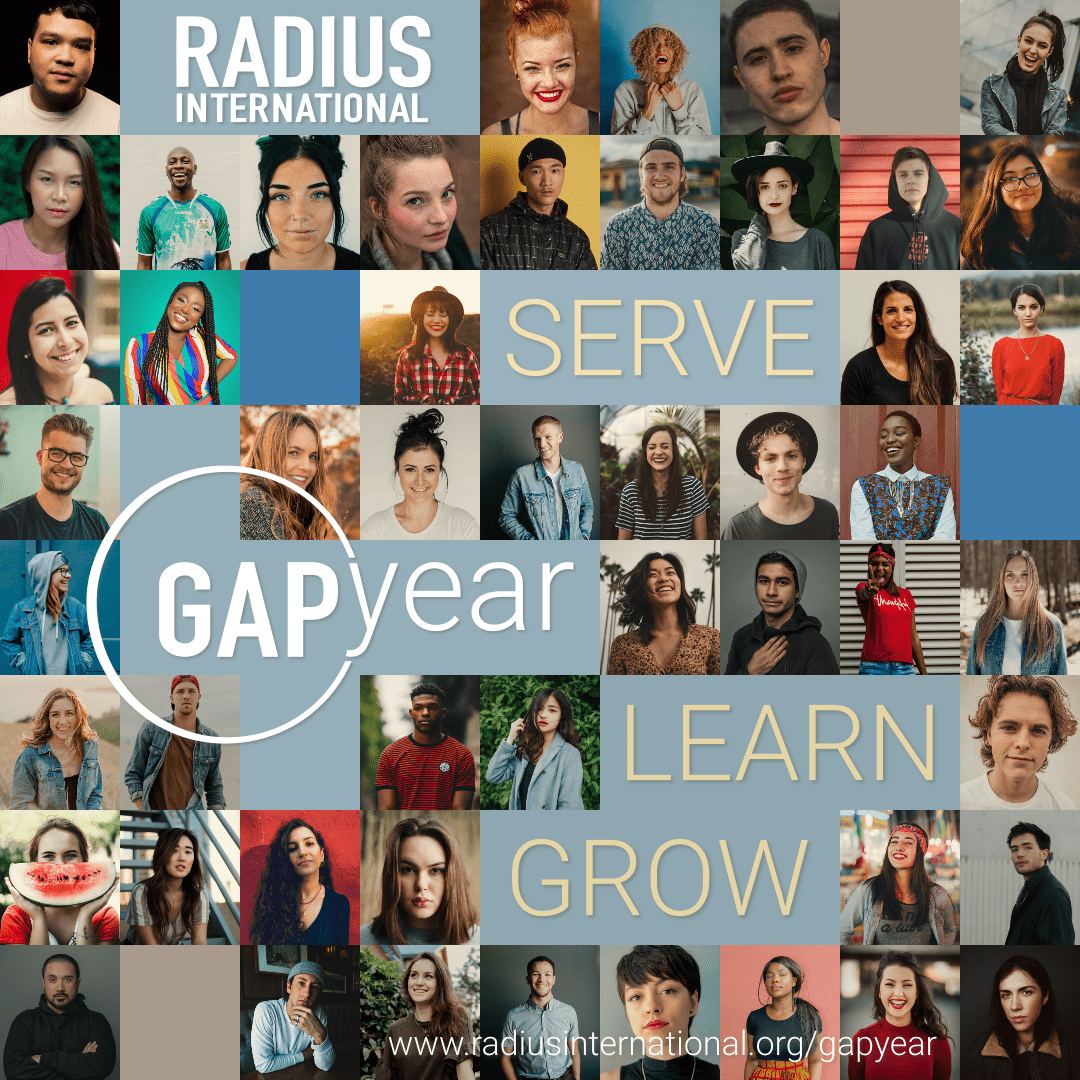In just a little over a week, we will welcome 51 new students on campus. As a staff the excitement of seeing the faces of these laborers we have prayed so much for is palpable. “What will these 51 folks be like? What countries will they head towards? What unreached language groups will they make Christ known among?” We’ve been amazed at the careers, families, and wonderful churches they are leaving behind so they can be trained as gospel workers.
Our orientation week is a crucial component; we cover our core values that make up the bulk of our teaching time.
- Fluency is possible and mandatory if we are to make the gospel clear.
- Suffering is normative and to be expected.
- The supremacy of scripture in all things.
- The commitment to ‘finishing well’ must be absolute.
- The essential task of leaving behind a healthy church.
- Doing life in such a way so we can reside LONG TERM among our target language group.
- What are biblical expectations for our family?
Those are the core values we introduce in orientation. They are the foundation we will build on in the coming months.
In this short article I want to come back to Radius’ 6th core value…Sacrificial Living For Gospel Advance. We know that Jesus came and “lived among us”, Jn. 1:14. He even waited for 30 years before he began his 3+ years of ministry. Jesus was a known commodity before he began his ministry. Paul’s itinerant ministry was unique in that his language and Jewish heritage allowed him to have a listening audience among the people he would initially start among…those attending synagogue. Today the modern pioneer worker must learn multiple languages and have a viable non-religious identity in many parts of the world. But increasing attrition, and now ‘mid-term-ness’, have had a devastating impact on the long-term gospel advance and the fluency modeled by Jesus and by Paul.
It is interesting to read Adoniram Judson’s thoughts on a ‘new development’ that occurred 21 years after he sailed for Burma. By the time Judson wrote this, he had buried his first wife, two of his own children and many co-workers in Burma. Sacrificial service was the only service happening in Burma at that time. But by 1833 a new breed of worker was being drawn to Burma having heard of Judson’s reputation and ‘wanting a taste’ of that exciting life. Author Courtney Anderson in his classic, To the Golden Shore, speaks of this new influx of missionaries that were coming to Burma in 1833[1], “At least one of these had come out with the understanding that his service was to be for a limited period of years. Adoniram was disturbed, like all his experienced colleagues. Judson wrote ‘I much fear that this will occasion a breach in our mission. How can we, who are devoted for life, cordially take to our hearts one who is a mere hireling? I have seen the beginning, middle, and end of several limited term missionaries. They are all good for nothing. Though brilliant in an English pulpit, they are incompetent to any real missionary work. The motto of every missionary, whether preacher, printer or schoolmaster, ought to be “Devoted for life”’.”
Judson had more to say that was equally pointed. Obviously speaking today with such bluntness will cause some to not hear what Judson was saying, but his message does need to be heard and taken seriously. The ‘limited term’ missionary service that Judson referred to has today become normative. There is no fluency in view for those whose goal is to live for 2-3 years overseas. Just as importantly, the revolving door of workers drains critical time from those long-term workers who must orientate them, help them with housing, visas, and countless other situations the new missionary encounters when arriving. The cost of missionary turnover is hard to calculate.
Today, for many college grads going to a foreign land for 2-3 years has become a common right of passage. No doubt there are some good things that happen in those months overseas and there is also little doubt that seeing Christianity in hostile foreign context changes many of those workers at a deep level. To observe firsthand the cost of being a Christ follower and the persecution that follows is powerful.
But it must be noted that the majority of the benefit from a 2-3 year overseas limited term experience ends up being to the North American worker. Those he has gone to serve he can rarely affect at a deep level. Judson bemoaned this dilemma [2] “…as usual, they could not be of much real use until they became fluent in the language; and that would be a matter of years.”
My wife and I we have often reflected, and shared with our Radius students, that our 15th year among the Iteri people was more beneficial than the first 14 put together, and so it would go until our years in PNG were over. Our fluency, easy of getting difficult concepts across, our credibility, sacrifices, and the way the Iteri people saw us raise our family before their eyes, all these caused them to ‘hear’ us more seriously as the years went by. The benefits are hard to calculate. For the NA worker who has no such reference points, the statement above seems unattached to reality. Paul commonly references, “You know how we lived among you.”[3] Working at the worldview level takes time, but only when a person is addressed at the worldview level can they understand their deep need for a Savior. Unless the worldview is changed it is more than likely that Jesus is merely added to their previous religious universe.
It’s hard not to be excited by wonderful folks standing up in front of churches leaving for exotic locations. The activity, movement, numbers and energy surrounding those events can easily distract us from the harder questions: “What impact can this worker have in 2-3 years if they can’t speak like an adult?” “Will this person be able to make the gospel clear, or will they actually add to the syncretism?” “Is this the beginning of a long-term commitment or will this person come back and feel he/she has ‘punched the missions ticket?” As the short-term (1 week to 3 months) mission trip has upsides and downsides it is time to look seriously at the upsides and downsides of the mid-term (2-3 year) gospel worker. Is the continual turnover of the mid-term worker a non-issue? Judson, and many others, would say the downsides are considerable.
[1] To the Golden Shore’ by Courtney Anderson, pg. 409
[2] ‘To the Golden Shore’ by C. Anderson pg. 409
[3] Acts 20:34,35 Gal. 6:17 I Thess. 2:6-9

Brad Buser
Founder of Radius International
Brad and his wife Beth planted a church among the




